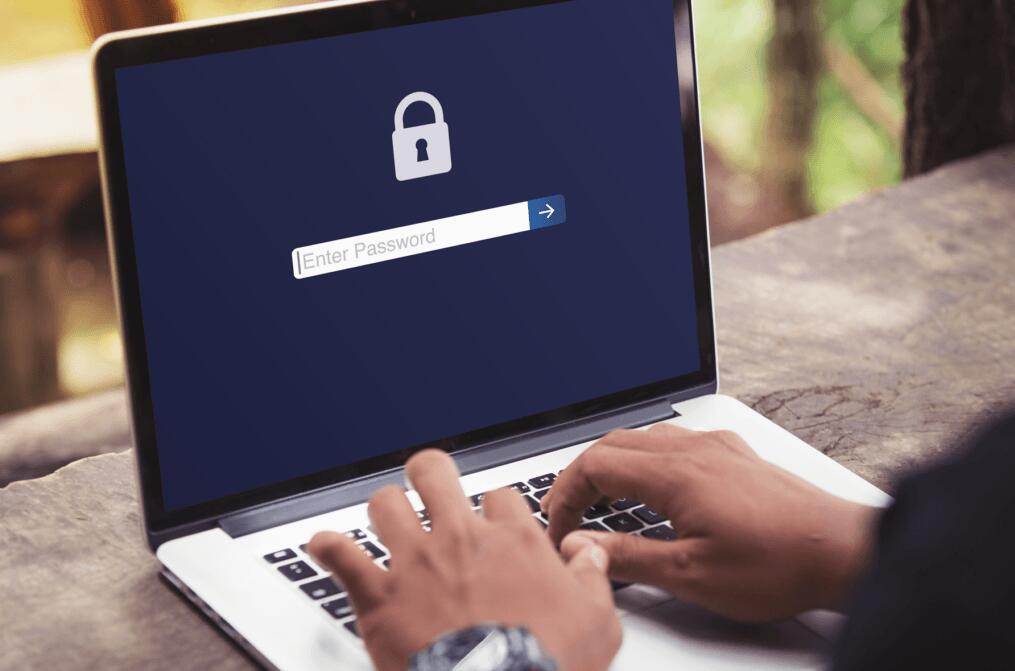What is a network security key?
A network security key is a verification tool, such as a password, that is used to access a private network. In this article, we'll explain what a network security key is, teach you how to set up a key that's hard to crack, and share best practices for keeping your information safe.
Network security key definition
A network security key is a private identity used to access a private online network. It's a technical way of saying it's passwords, pincodes, fingerprints, and facial or voice recognition that give you access to a private network. When you want to join a private network, you need to prove that you have permission to join the network. This allows people with access to easily join the network while excluding individuals who are not granted permission.
Without a network security key, anyone can access the network. On the other hand, we refer to networks that don't require security keys as "open." These are more like your public hotspots and free Wi-Fi.

The risk of opening up the network
Not all networks require a security key to give someone access. These open networks allow anyone to join without special permission or password.
The risk lies in its openness. You never know who else is using the same network as you, making anyone on the network vulnerable to hacking or online theft. The most common open networks are located in hotels, airports, coffee shops and public places. That's why it's important to use extra internet precautions when working in these locations.
How to set up a powerful network security key
It's wise not to make your network accessible to anyone. If you're setting up a password, follow these three rules to set up a strong network security key.
Make it random: Your security key should not have anything to do with your personal life. In fact, it shouldn't contain any words or phrases at all. The strongest network key is a completely random combination of numbers, letters, and symbols. Use a trusted password generator instead of characters you come up with.
Use enough characters: The password should contain at least eight characters. Each additional password character you include enhances your security.
Change regularly: Even the most powerful network security keys can be hacked or leaked. As a best practice, you should change your password regularly. For your most important passwords, we recommend updating them quarterly.
How to stay secure on an open network
A strong network security key can protect you from many bad actors. But what happens when the network doesn't have a key? How can you protect your data when using open or public networks?
A popular way to enhance personal security and anonymity on the Internet is to use a virtual private network. It's an easy-to-use tool that downloads directly to your device as a personal encryption app to protect your data, personal information, and more. Follow the rabbit IP for the latest news.